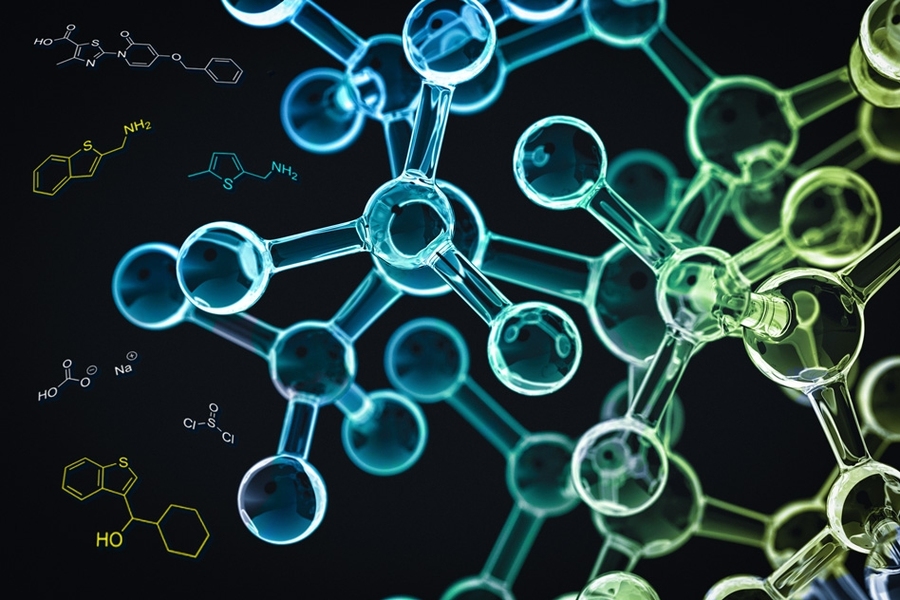Medicines come from chemical reactions, and better chemical reactions lead to better medicines. Yet, the most popular reaction used in drug discovery, called the amide coupling, makes an inherently unstable amide bond. Because the body excels at metabolizing medication, one of the most important and difficult goals of drug research is to invent metabolically stable molecules, so we can take one pill a day instead of every 15 minutes. Researchers at the University of Michigan College of Pharmacy hacked the popular amide coupling to produce a carbon-carbon bond instead of an amide. The carbon-carbon bond is the most prevalent bond arrangement in nature and in synthetic drugs, and it is typically more stable than the amide bond, said Tim Cernak, assistant professor of medicinal chemistry and principal investigator of the study that appears online in the Angewandte Chemie International Edition. The discovery of the carbon-carbon bond-forming reaction opens the door to more stable medicines, and is particularly applicable to biological probes and new medical imaging agents, Cernak said.
https://phys.org/news/2021-10-chemical-reaction-drug-discovery.html


